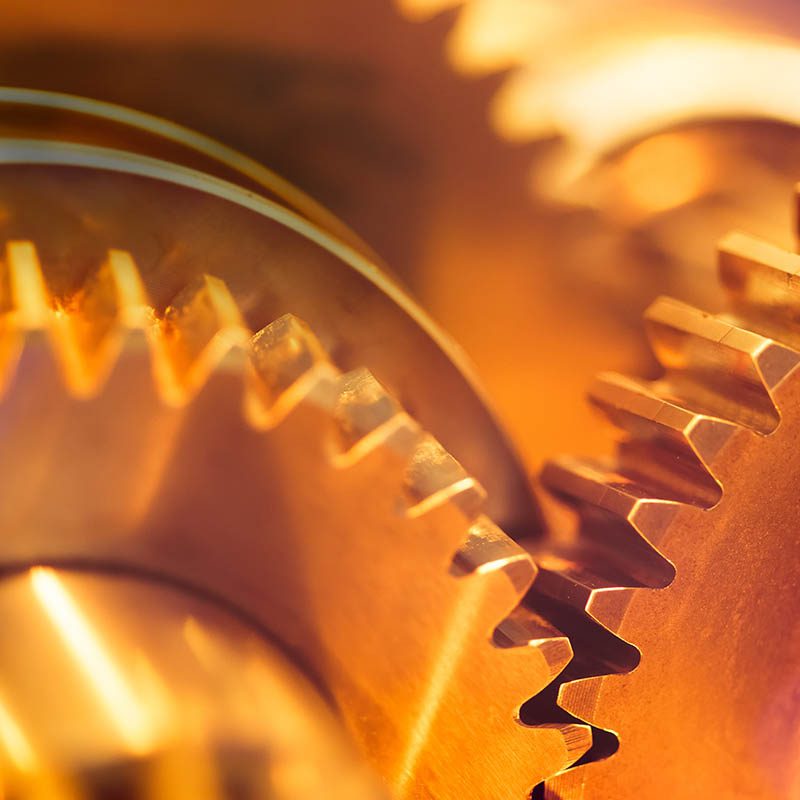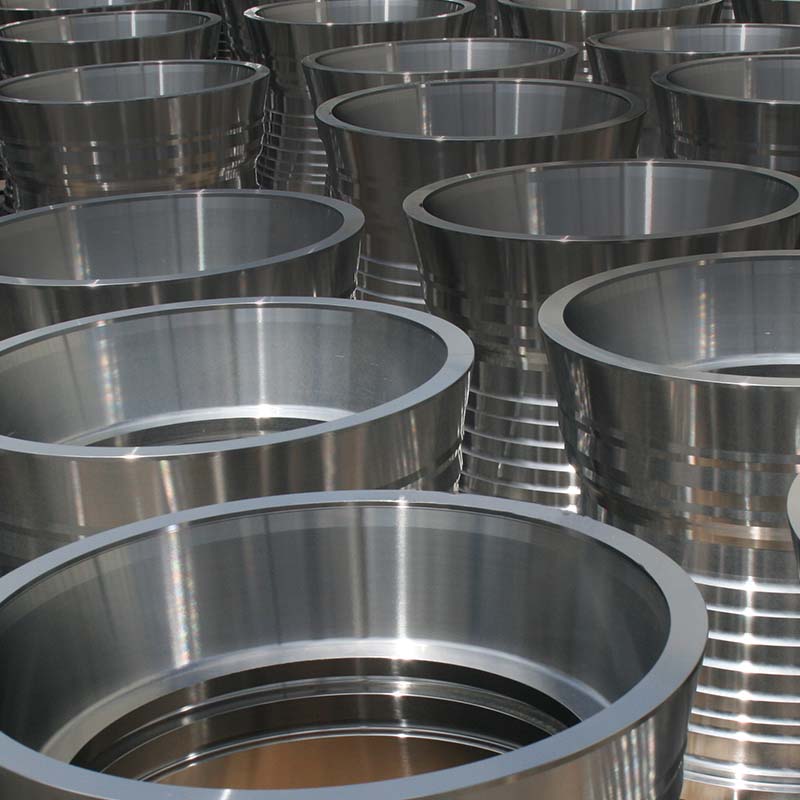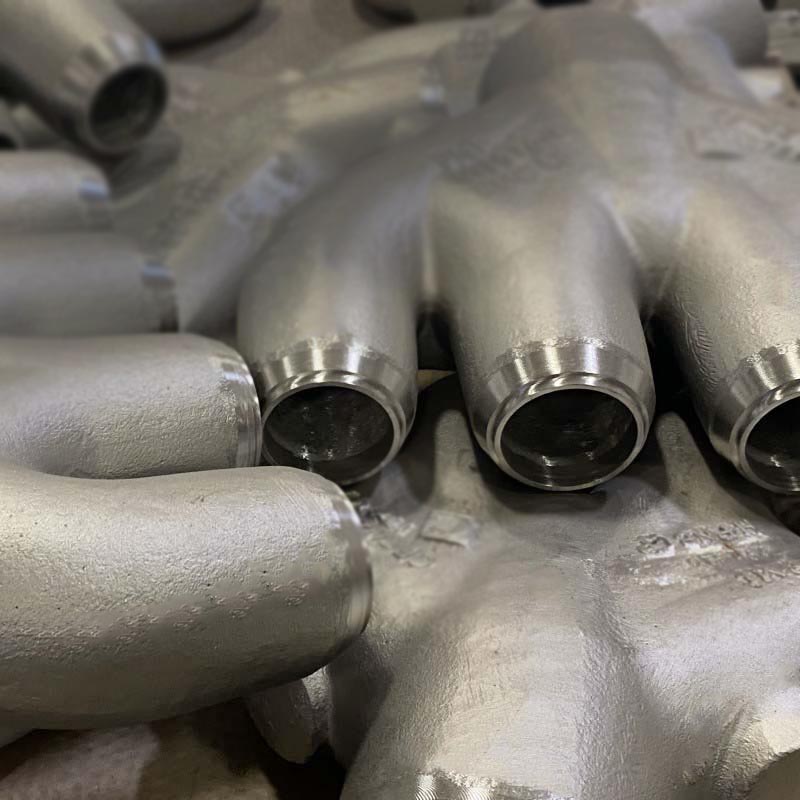Overview
S43000, also known as MTEK 430, is a non-hardenable martensitic stainless steel that offers excellent corrosion resistance in a variety of environments. This straight-chromium alloy exhibits remarkable resistance to corrosives such as nitric acid, oil, steam, and oxidizing environments at temperatures up to 1400 degrees Fahrenheit (760 degrees Celsius). Its magnetic properties and low coefficient of thermal expansion, comparable to carbon steel, make it suitable for applications where these characteristics are desirable. Furthermore, S43000 is readily machined and weldable, providing flexibility in fabrication and design. This combination of corrosion resistance, machinability, and magnetic properties makes S43000 a valuable choice for applications requiring a balance of performance and ease of manufacturing.
Typical Uses
Chemical, oil, and food handling equipment. Also pump and valve components.
MetalTek Grade
MTEK 430
Poured At:
Sandusky International Division, Wisconsin Centrifugal Division, Wisconsin Investcast Division
Similar Specifications
Wrought UNS: S43000
Wrought Grade: 430
Typical Chemical Composition (% by wt.)
Aluminum: n/a
Carbon: 0.12
Chromium: 14-18
Manganese: 1
Iron: n/a
Copper: n/a
Nickel: 2.00 MAX
Lead: n/a
Tin: n/a
Silicon: 1
Zinc: n/a
Minimum Mechanical Properties
Heat Treatment: Anneal
Frequently Asked Questions
Martensitic steel is a magnetic stainless steel that is heat-treatable and used for applications requiring high hardness.
Martensitic steel is used in chemical and food processing equipment, impellers, turbine engine components, and wear-resistant parts where hardness and strength are critical.
Austenitic steel is non-magnetic, corrosion-resistant, and ductile. Martensitic steel is magnetic, harder, heat-treatable, and more wear-resistant but less corrosion-resistant.
Martensitic steel offers high hardness, wear resistance, and strength after heat treatment, ideal for demanding mechanical applications.
Yes, martensitic steel can be heat treated through quenching and tempering to increase hardness and mechanical performance.
Yes, martensitic stainless steel is magnetic due to its body-centered tetragonal (BCT) structure after quenching.



